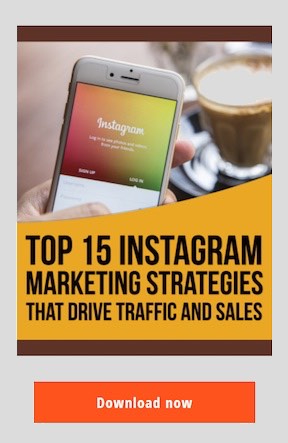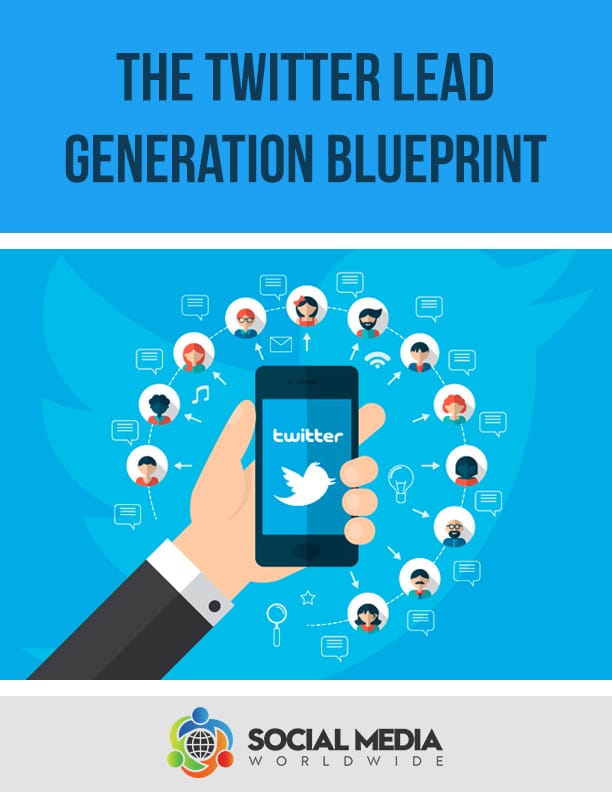Content marketing and social media marketing are two distinct but complementary digital marketing tools. Content marketing provides the “weight” whereas social media marketing provides the “reach.” An effective marketing strategy will combine both strategies to build a large following and maximize conversions.
What Is Content Marketing?
Content marketing is a strategy that involves creating content and publishing it on a business’s website to educate (and/or inspire or entertain) current and prospective customers.
Content can take the form of:
- Blog articles (topic overviews, comparisons, listicles, statistics pages, resource pages, how-to guides, interview transcriptions, news stories, rebuttals, and others)
- Videos (infomercials, product demonstrations, how-to videos, and others)
- Infographics
- Photos
- White papers
- Studies and data
- Visual PDF guides
- eBooks
The Goals of Content Marketing
Unique and original content positions your business as an authority in its industry and creates more touchpoints with prospective customers in search engines, increasing organic traffic to your website. This is where the content marketing sales funnel begins.
The Content Marketing Sales Funnel
The content marketing sales funnel works in the following way:
- Internet users come across your content when searching for a topic related to your industry.
- Some searchers will click on the link to your content and read or view your content until their question is answered.
- Readers or media consumers who found the piece of content valuable or enjoyable may spend additional time exploring your website.
- Interested readers or media consumers who enjoyed your content and are within your target market may sign up for your email newsletter, message your team, and eventually make a purchase.
Content marketing is considered an essential part of search engine optimization (SEO) because the authority it builds and the clicks it generates lead to your website becoming more visible in organic search results.
Igor Avidon, founder of a professional content marketing agency, says: ”Content marketing and search engine optimization are now intertwined and inseparable. It would be difficult, if not entirely impossible, for a brand to rank for their products and services without a well-developed content strategy.”
What Is Social Media Marketing?
Social media marketing involves posting on social media platforms to inform, connect, and interact with current and potential customers. Social media marketing strategies often include regular posts on the company’s page as well as paid social media advertising campaigns.
Social media posts may include:
- Short-form text content (to inform, educate, entertain, or promote a product, discount, or sale)
- One or more photos
- Links to your onsite content or products
- Links to videos on another platform
- Native videos
- Livestreams
- Polls
- Stories
- Reshared content
The Goal of Social Media Marketing
Social media marketing aims to build brand awareness, engagement, and community among the brand’s followers. Followers can react to posts, comment, reply to other people’s comments, tag the company in their posts, message the company directly, or follow a call-to-action.
Common calls to action include liking and following the company’s social media accounts, sharing a post or link, or following a link to the company’s website (generally to sign up for a free trial or make a purchase). Some companies also sell products directly through social media.
The Social Media Marketing Sales Funnel
Social media marketing strategies lead to a slightly different sales funnel:
- Members of your target audience discover your brand on their preferred social media platform (through an onsite search, share, private message, ad, or Google search).
- They spend a few minutes browsing your social media account.
- Interested social media users like and follow your page.
- These new followers start to receive your posts in their media feed and some may begin to interact by liking or commenting.
- When you post a call-to-action (buy, donate, sign up, share, etc.), loyal followers who value your brand will either complete the call-to-action or contact you for more information or to discuss their specific case.
Social media can also be helpful for receiving feedback and making improvements. Customers want a collaborative exchange with brands, according to 2021 research from McKinsey & Company. This is one of the strengths of social providing a platform for two-way conversation (as opposed to content creation, which is one-way).
Key Differences between Content Marketing and Social Media Marketing
The main difference between content marketing and social media marketing is that content marketing focuses on educating and informing whereas social media marketing focuses on interaction.
The following are a few additional differences between content marketing and social media marketing:
| Content Marketing | Social Media Marketing |
| Created on the business’s website | Created on social media platforms |
| Long-form | Short-form |
| Primarily text | Primarily multimedia |
| Drives traffic | Drives engagement |
| Builds trust | Builds relationship |
| One-way communication | Two-way communication |
| Controlled entirely by the business | Controlled equally by the business and its followers |
| The primary goal is content consumption | The primary goal is participation |
| Measured by click-throughs, dwell time, and conversions | Measured by likes, comments, shares, click-throughs, and conversions |
| The ultimate goals of both are conversions and revenue. | |
How Content Marketing and Social Media Marketing Work Together
Content marketing and social media marketing ideally go hand in hand. Informing and educating your customers is just as important as building a relationship with them and vice versa.
A comprehensive digital marketing strategy will typically combine content and social media marketing strategies in the following ways:
- Social media share icons at the end of onsite blog articles encourage readers to share the link to the article with others.
- Social media widgets on your website allow readers to comment on each blog article without leaving the site.
- Onsite blog articles are shared on social media and followers are encouraged to check them out.
- Social media posts are created based on excerpts from your long-form content.
- Social media icons are added to your website footer to help website visitors from organic search connect with your brand on social media.
Creating valuable content adds value for your followers and readers, and social media marketing pushes your content to a larger audience. Your social media marketing efforts bring social-focused traffic to your website and your website invites search-engine traffic to join your community on social media. Both strategies ultimately drive conversions.
Social media marketers will often take excerpts and extracts from your blog articles to create bite-sized social media posts accompanied by an image or video. In this way, your social media marketing efforts support your informational goals, and your content is utilized twice over to create value.
A Match Made in Heaven
Content marketing and social media marketing have some similarities—such as the end goal of driving sales—and several differences as described above. Content marketing focuses on informing and social media marketing focuses on building relationships and community.
It’s possible to use either tool in isolation with great effectiveness, as many businesses will confirm. However, the greatest synergy is achieved when these tools are used together.



Recent Comments